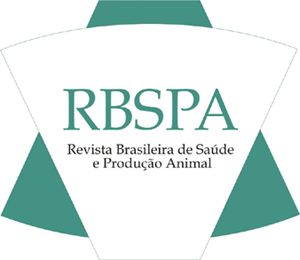ABSTRACT
Two experimental tests were carried out to evaluate the inclusion of a biofermented semi-arid plant mix in diets of piglets in the initial weaning phase. In the first trial, the nutritional value and digestibility of nutrients and the digestible and metabolizable energy values of the bio-fermented plants mix were evaluated. To do so, eight piglets with an initial average weight of 15.2 ± 2.7 kg were used, housed in metabolic cages, and using the total collection of feces and urine. The bio-fermented plant mix diet presented 80.40% and 68.18% as digestibility coefficients for dry matter and crude fiber, respectively; 10.08% crude protein and 2,865 kcal/kg of metabolizable energy. In the second trial, the inclusion of 0, 3, 6 and 9% of bio-fermented plant mix was evaluated on performance, diarrhea incidence, plasma components, weight, and length of digestive organs of piglets in the initial weaning phase. To do so, 40 piglets with an initial average weight of 12.6 ± 3.5 kg were used, distributed in a randomized block design with four treatments, five replicates, and two animals per experimental unit. The inclusion of different levels of bio-fermented plant mix did not affect (P>0.05) the performance, weight, and length of digestive organs or serum parameters. However, the inclusion of bio-fermented plant reduced (P<0.01) the diarrhea incidence. It is concluded that bio-fermented plants adapted to the semi-arid region has the potential to be used in diets for pigs in the initial weaning phase.
Keywords:
Unconventional feeds; performance; digestibility; fermentation; swine
